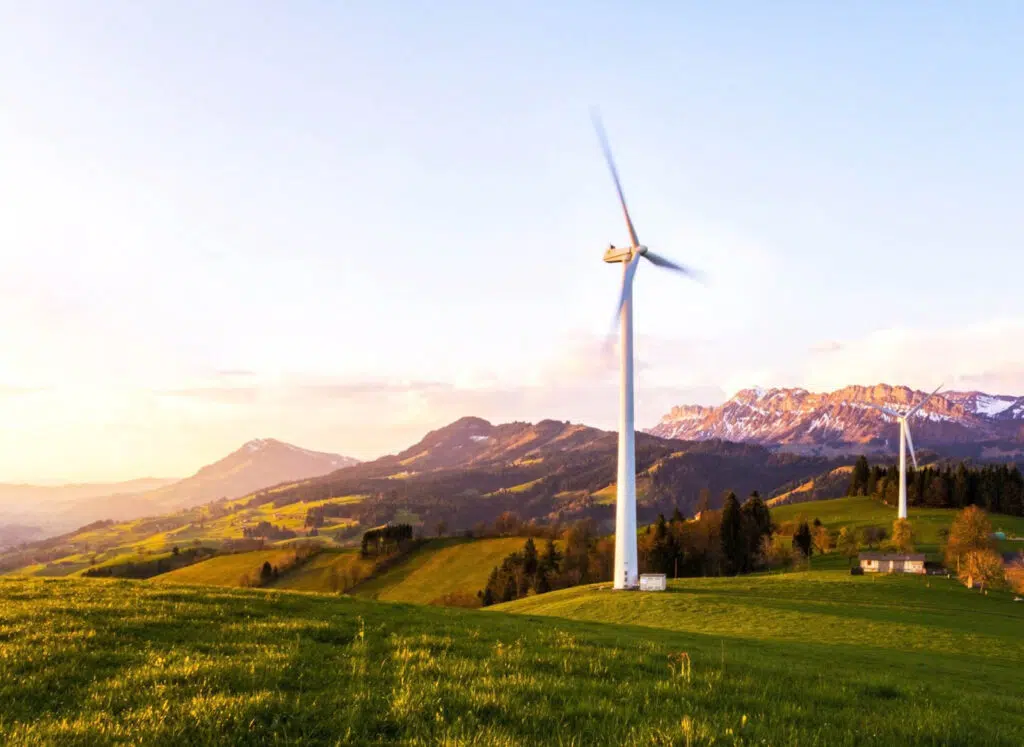The Hague, the Netherlands – 16th March 2021, Portugal’s sole electricity transmission entity, REN, has become the latest member of the European Network for Cyber Security (ENCS).
REN is the concession holder of the country’s two main energy transmission networks: the National Electricity Transmission Grid (RNT) and the National Natural Gas Transportation Grid (RNTGN). It is responsible for the planning, construction, operation, maintenance and global technical management of both these grids and associated infrastructures.
This is a significant step for ENCS, as it now covers nearly the whole of Portugal, building on the collaboration ENCS have with the country’s main DSO, E-REDES (previously EDP Distribuição). Portugal is now the third country with almost full ENCS coverage, following on from Estonia and the Netherlands. ENCS has recently grown strongly in the TSO space, with REN being the fifth TSO member joining the ENCS community.
Key focuses of this partnership include knowledge sharing and the work being developed on information security requirements for critical infrastructure. With REN joining the ENCS community, the collaboration of real experts covering the TSO and DSO domains holistically further expands and intensifies.
“Cyber security is a priority for everyone, especially in today’s environment where nearly everything is done virtually or online. At REN, we understand its crucial role to the critical energy infrastructure, which is why we are looking forward to this partnership with ENCS. Together, we can share insight and knowledge to help us achieve our goals and enable a safer energy system,” said Rafael Aranha, Cybersecurity Manager at REN.
“Issues such as cross-border risks and Distributed Energy Resources (DER) security are imminent, which is why we are now rapidly accelerating our collaboration with the TSO domain and further building on our work in the DSO space,” stated Anjos Nijk, Managing Director at ENCS. “We are excited that REN is strengthening our community, enabling further harmonisation and faster capacity building to enhance Europe’s energy grid resilience”.
